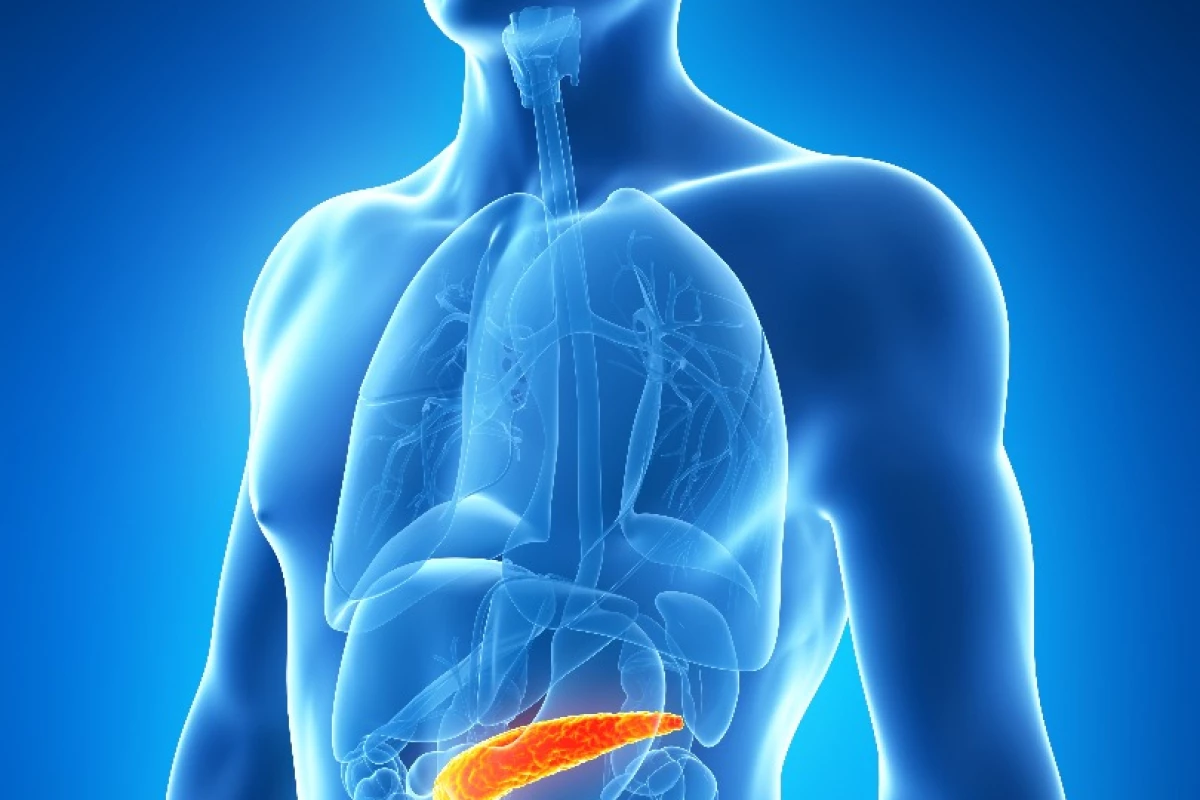Anew study at Newcastle University in the UK has improvedour understanding of Type 2 diabetes, providing a new insight intothe positive effects that weight loss can have on sufferers.According to the researchers, reversing the condition can be assimple as losing a single gram of fat in the right place.
Type 2 diabetes affects an estimated 9 percent of the global population.It involves a build up of fat in the pancreas, which stops the organ from producing the required quantity of insulin. While it'salready known that weight loss can have a huge positive impact on thecondition, new research shows that a certain kind of weight loss isspecific to Type 2 sufferers.
Thestudy hinges on a trial involving 18 patients, half who were freefrom diabetes, and half who were Type 2 diabetes sufferers. Thepatients with the condition had been living with it for an average ofjust under seven years.
Theresearchers used a highly sensitive MRI scan to measure the amount offat present in each patient's pancreas. At the start of the study,those patients with Type 2 diabetes were found to have elevatedlevels of pancreatic fat.
Allparticipants underwent gastric bypass surgery, and after eight weeksall had lost the same amount of weight – some 13 percent of theirbody weight at the start of the study. However, a very importantdifference was observed as to where in the body the weight was lost.The amount of fat in the pancreas of a diabetes-free participantsdidn't change, but those diagnosed with the condition observed a 1.2percent drop in pancreatic fat levels.
Thefact that the decrease of fat in the pancreas is not relatedto general weight loss but is in fact specific to Type 2 diabetes, isan important discovery for treatment of the condition. But what'sperhaps most surprising is just how little of the localized fat thatsufferers need to shed to reverse the condition.
"Soif you ask how much weight you need to lose to make your diabetes goaway, the answer is one gram," says study lead Professor RoyTaylor. "But that gram needs to be fat from the pancreas. Atpresent the only way we have to achieve this is by calorierestriction by any means – whether by diet or an operation."
Theteam published its research online in the journal Diabetes Care.
Source:Newcastle University




